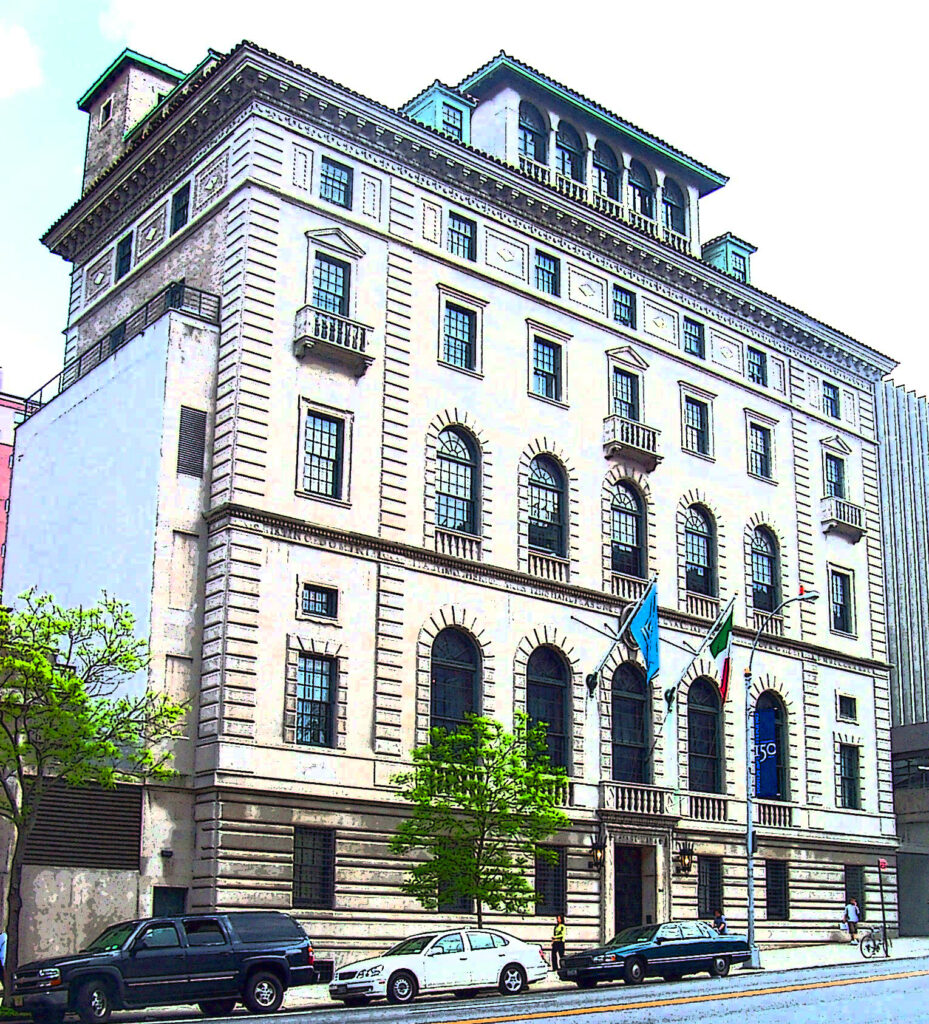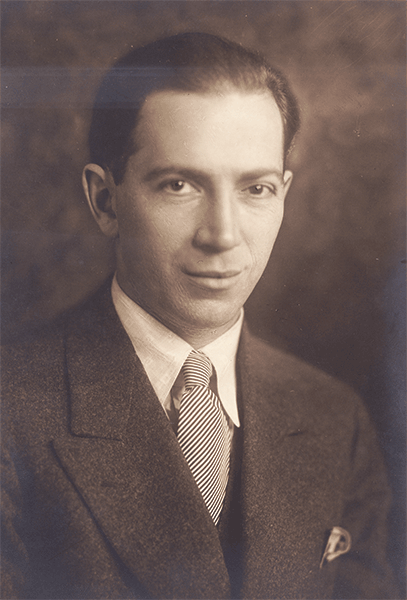To those who are upset with the Trump Administration’s antipathy toward European leaders, count me out! I still love Italy and its people, but I’ve had too many dealings with Italian diplomats to retain any respect for them.
Early on, I admired the European mentality that evolved after the Second World War: free national healthcare, free university education, six-week vacations, and a café culture that envisioned universal brotherhood. Throughout this period of growth, I saw my Italian heritage as part of my inner soul. My first trip to Italy in 1984 made me more inspired and profoundly Italian American.
When Italy lobbied for a permanent seat on the Security Council. Italian American leaders, including me, marched to the UN in support. When the Italians wanted to save the Italian Language AP Test for high school students, the major Italian American organizations ponied up $1.5 million to pay the College Board. Did we expect any quid pro quo? No. After all, money and favors have traditionally crossed the Atlantic only one way. Let me enumerate:
- Billions of dollars in remittances were sent to Italy by our immigrant ancestors, enough that the Italian budget counted on this income.
- After Fascist Italy declared war on the United States in 1941, thousands of our fathers and uncles fought and suffered to free Italians from Nazi occupation.
- We have sent millions of dollars for war and natural disaster relief over the decades.
- We created an enormous demand for Italian food products in this country and tourist to Italy, adding to Italy’s positive trade balance.

We really haven’t asked anything of the Italians except Cavaliere titles and diplomatic appearances at galas or parades. That was until the Italic Institute took up the cause of La Casa Italiana at Columbia University.
The 6-story building at Columbia was the brainchild of an Italian American student group led by undergraduate Peter Riccio in the early 1920s. It seemed like pie-in-the-sky until the Paterno Family (major real estate developers before Harry Helmsley and Donald Trump) offered to construct an “Italian House” at no cost if Columbia provided the land. By 1927 the building was completed, all financed by the Paternos and the Italian American community, including an operating endowment. Inventor Guglielmo Marconi spoke at its opening. The parchment that delivered La Casa to Columbia that day clearly stated it was for “the diffusion of Italian culture in the country.”
For 63 years La Casa carried on that mission, operated solely by Italian Americans. Finances became a problem in 1991, and then-Governor Mario Cuomo convinced the Italian government to take the building over. The community was assured that the Italians were “saving” La Casa. Later we learned that the operation was a success, but the patient died. After a $15 million rehab, the Italians evicted the Italian Language Dept., locked the doors to Italian American students, and appointed an art professor from South Africa (David Freedberg) as Director, giving him free rein to end its Italian mission and make it a European one.

his vision crushed
by the Italians.
In 2012, after appeals to Director Freedberg and university to reopen La Casa’s doors to Italian Americans, the Paterno Family joined us in suing Columbia. The judge ruled that the Paterno Family had “no standing,” to complain about promises made to their grandparents.
Our Plan B was to ask the Italian Ambassador to unlock La Casa by appointing a qualified Italian American to the Casa Board. (In addition to a Jewish director, the Board of twelve still includes five ethnic Jews, two Germans, two Anglos, and three native Italians.) So, we nominated Dr. Richard Gambino, noted American scholar. But our letter was ignored. For an explanation, I met with the NY Consul General. I was joined by Italian-born NY Assemblyman Anthony D’Urso. We were asked to accept one of the Board’s native Italians as our “Italian American.” We agreed to meet the Italian, but he never answered us. It was a crude bluff.
In 2019, we nominated Dona DeSanctis, a community leader and Fulbright Scholar fluent in Italian. The request included supporting letters from the major organizations, the Paterno Family, and NY politicians. The Ambassador chose to ignore this too.
Our Italian ‘cousins’ are an insulting and ungrateful bunch; the question is why? -JLM




As a proud Italian American I completely understand the remarks you’ve made. I am first generation but have deep experiences of and about Italy. While my family worked hard for an improved standard of living here in America our PAESANI in Italy were developing LA DOLCE VITA as a comfortable lifestyle. Current PM Meloni is trying to wake up the citizens of Italy and “dump” the comfortable style of life. But there’s an old saying: “comfortable KILLS”
Careful Signori and Signorina….unless YOU WAKE UP, “IGNORANCE is BLISS” that will ultimately deny you “LIFE. LIBERTY, and the PURSUIT of HAPPINESS that we enjoy in L’America.
To answer “why” my kneejerk answer would be that the Italian education department should establish an Italian-American studies program to sensitize their population to this enormous history which PM Meloni is quite aware. My tour guides in my 2008 trip to Italy from the Alps to Sicily were a very cordial lot but seemed indifferent to our plight and unique experience here. My lovely tour guide for the ancient Greek theatre in Taormina, Sicily upon listening to just how my family “celebrated” every Sunday stated that we Italian-Americans became “more Italian” than the natives left behind.